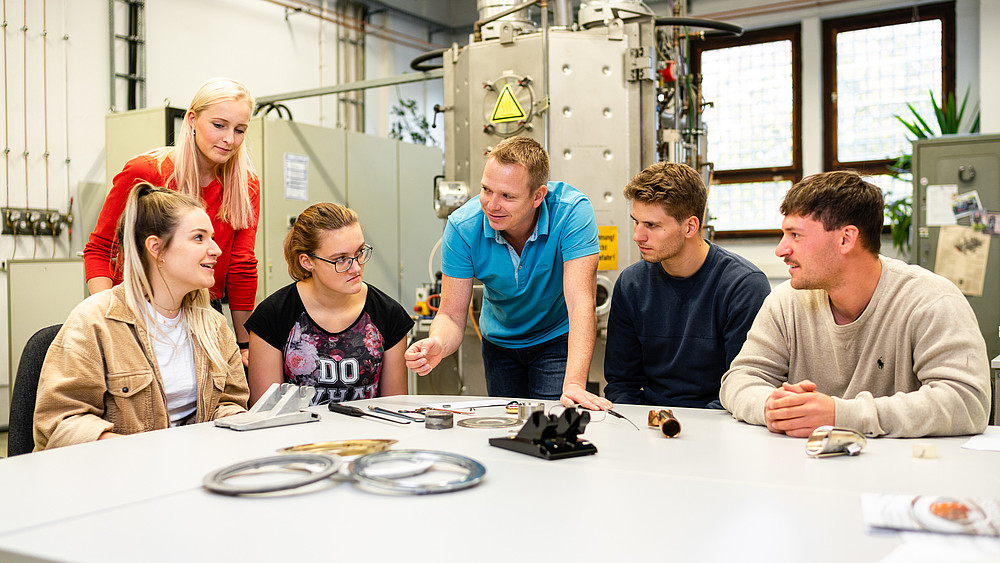According to a student survey from the summer semester 2022, the HSZG also impresses with its familiar flair and practical relevance.

From March to May 2022, the Center for Quality Analysis at Technische Universität Dresden called on students at all universities in the Free State of Saxony to take part in the Saxon Student Survey. A total of 498 HSZG students responded to the call. The university would like to thank the participating students for their valuable assessments and suggestions for the further development of the study and teaching quality of its degree programs.
The feedback from students in the younger semesters shows that convincing courses of study, practical relevance and the good reputation of HSZG lecturers on the one hand and the proximity to home and the low cost of living at the respective study location on the other are the main reasons for choosing the HSZG as a place to study.
The very positive assessment of the quality of studies should also be emphasized, in which the university performs very well compared to other universities. The breadth and quality of the teaching units and the practical relevance of the teaching are particularly impressive. The constructive cooperation between lecturers and students and the good atmosphere within the student body are extremely highly valued at the HSZG.
For the clear majority of HSZG students surveyed, the learning objectives in almost all courses are clearly defined and the examination requirements are aligned with the content of the classes / courses. Suggestions or proposals from students are taken into account by lecturers in most cases. Teaching is predominantly practice-oriented.
However, there is also criticism to report. For example, one in four HSCG students complains that examination results are often announced very late.
One focus of the very extensive survey was studying during the coronavirus pandemic. Among other things, it showed that HSZG students would like the digital teaching and learning formats used in the coronavirus semesters to be continued within face-to-face teaching. Online scripts/slides/exercises as well as video and audio recordings are indispensable for students. With regard to digital examination formats and digitally supported group work, however, the picture is very ambivalent.
The results of the participating degree programs are currently being evaluated in the faculties and the need for action is being identified and appropriate measures derived where necessary. Interested students and prospective students are welcome to contact the relevant Dean of Studies or the members of the Faculty Student Committee of the responsible faculty to obtain more detailed information on the assessment of individual degree programs. Vice President for Education and International Affairs Prof. Keil and Dr. Sommer from Central Quality Management will also discuss the results with the members of the Student Council and Faculty Student Committees in the coming weeks.
15 January 2026
Find out more about the online university information day and register!
Immerse yourself in the world of our degree programs and experience campus life - conveniently from anywhere.